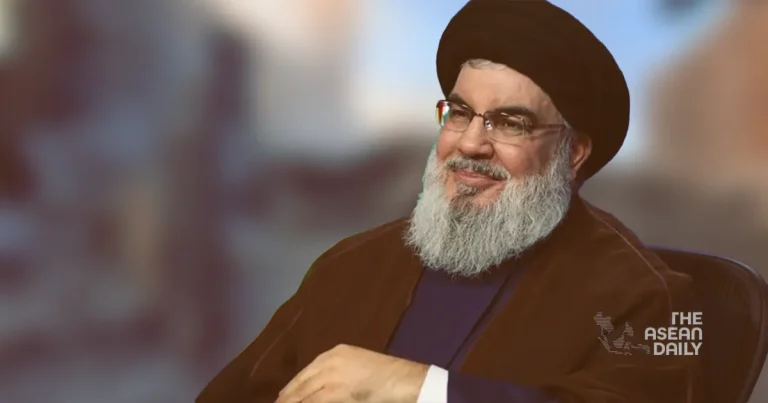28-9-2024 (BEIRUT) Iran’s foreign ministry has declared that the mission of Hezbollah chief Hassan Nasrallah will persist, despite reports of his demise in an Israeli air strike on Beirut. This development comes after a year of escalating cross-border tensions between Israel and Hezbollah.
Foreign ministry spokesman Nasser Kanani took to social media platform X to express Iran’s stance, stating, “The illustrious path forged by the resistance leader, Hassan Nasrallah, shall endure, and his sacred objective of liberating Quds (Jerusalem) will be realised, God willing.” This statement not only mourns Nasrallah’s reported death but also reaffirms Iran’s commitment to the ideological struggle against Israel.
Hezbollah, a group widely recognised as being armed and financially supported by Iran, confirmed Nasrallah’s death following Israel’s claim of having “eliminated” him in a precision strike. The group’s statement revealed that Nasrallah, along with other members, perished “in the wake of the treacherous Zionist assault on Beirut’s southern suburbs”.
Iranian Vice President Mohammad Javad Zarif added his voice to the chorus of condolences, lauding Nasrallah as an emblem of the fight against oppression. This sentiment echoes throughout Iran, where public displays of mourning have begun to take shape.
In the northeastern city of Mashhad, home to the revered Imam Reza shrine, a black flag of mourning was hoisted, as reported by the local Tasnim news agency. State television broadcast images of mourners congregating at the shrine, waving yellow Hezbollah banners alongside Iranian flags, their chants of “Death to Israel” reverberating through the air.
The strikes on Beirut’s densely populated southern suburbs, described as the most intense since the 2006 Israel-Hezbollah conflict, have exacted a heavy toll. Lebanon’s health ministry has reported a preliminary count of six fatalities and 91 wounded, underscoring the human cost of this latest escalation.
Iran’s supreme leader, Ayatollah Ali Khamenei, earlier condemned what he termed an Israeli “massacre” in Lebanon, criticising Israel’s approach as “shortsighted”. This rhetoric from Iran’s highest authority signals a potential for further regional destabilisation.




